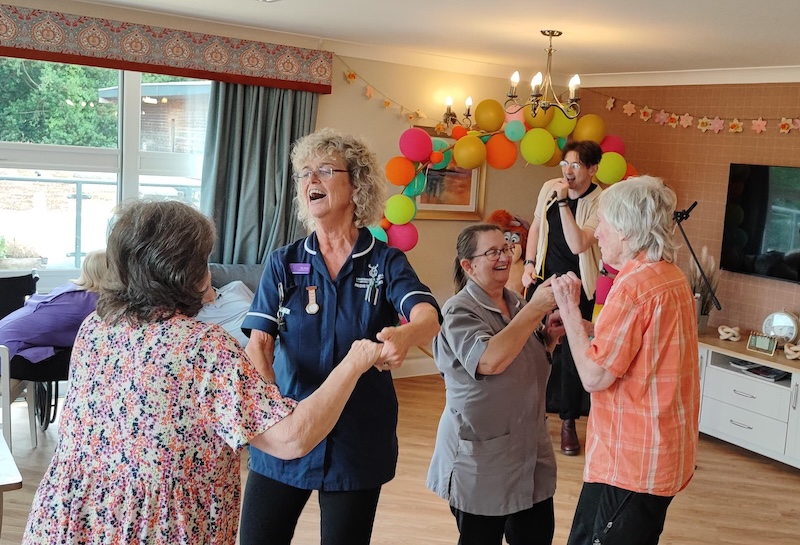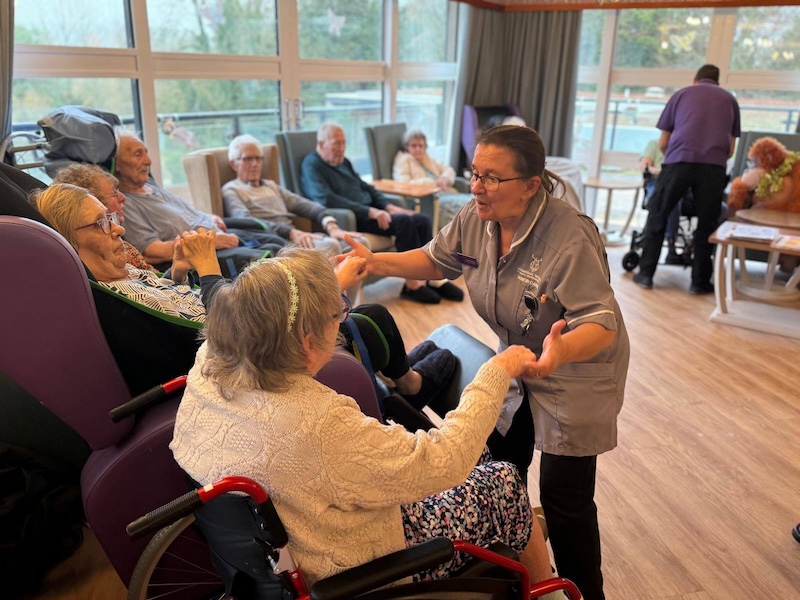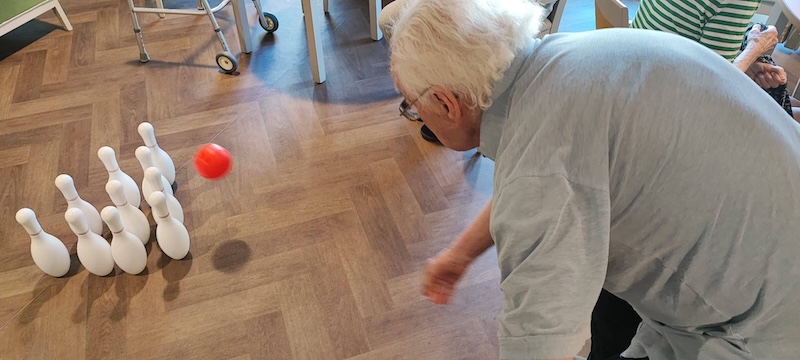5 Signs It’s Time to Consider Residential Care for Your Loved One
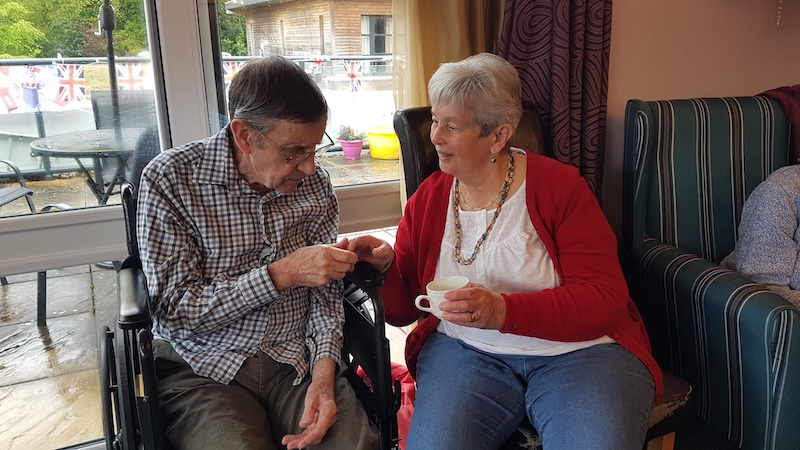
Deciding when it’s time for a loved one to move into a residential care home is often one of the most challenging choices families face. Many families wonder whether their relative is coping or if additional support is needed to ensure their safety, comfort, and happiness. Recognising the key signs that a person may benefit from residential care can help families to make informed decisions that improve the quality of life for their loved ones. In this blog, we explore five important signs indicating it may be time to consider a care home and highlight the many benefits that residential care offers.
1. Increased Risks to Safety and Daily Well-Being
A clear indicator that a loved one may need residential care is when their physical safety at home becomes a growing concern. Frequent falls, stumbling, or difficulty moving around safely can lead to serious injuries and challenges navigating stairs, getting in and out of bed, or coping with household hazards such as slippery floors become more dangerous as mobility declines. In a residential care home, there are trained carers available 24 hours a day to assist with movement and prevent falls, which in turn reduces anxiety for residents and their families. The environment is adapted for safety with features like handrails, emergency call systems and non-slip surfaces to ensure residents have the support they need to move confidently.
2. Struggles With Daily Activities and Personal Care
If your loved one is finding it difficult to manage daily tasks in their own home such as bathing, dressing, preparing meals, or taking medication correctly, these are strong signs that more support is required. Often, personal care needs increase gradually and may go unnoticed until an obstacle occurs or family members visit their elderly relatives after some time has passed. Struggling to maintain personal hygiene or eating well can affect health and dignity, but care homes provide compassionate assistance tailored to individual needs so residents can maintain their independence while receiving support for essential daily activities.

3. Declining Physical and Mental Health
Physical health challenges, such as managing chronic illnesses, complex medical conditions, or recovering from hospital stays, often lead to needing professional care. If your loved one’s health is deteriorating, it may be time to consider residential care for them. Nursing homes and residential care settings offer access to medical care, medication management and specialist dementia care when needed. They provide a structured environment with monitoring and tailored treatments designed to improve well-being and manage symptoms while supporting residents' quality of life.
4. Growing Dependence on Family Members
Increasing reliance on family members for support can place a heavy burden on both the carer and the loved one receiving care. When family members are juggling care duties with work and their own health responsibilities, it may be impossible to provide the level of support needed safely and consistently. Care homes in Warminster come with a professional team of carers who are trained to provide personal care and assistance with medical needs. This shared responsibility relieves strain and allows families to focus on spending quality time with their loved ones rather than managing daily care demands.
5. Social Isolation and Reduced Engagement
If a loved one is withdrawing from social activities, ignoring hobbies, or seems isolated, it is a sign that their emotional well-being may be suffering. A residential care home offers a vibrant community where residents can make new friends, participate in activities and maintain connections with family and the local area. Activities programmes and group events are designed to provide purpose and a strong sense of belonging in a care home, so they largely contribute to reducing feelings of loneliness or mental health decline.
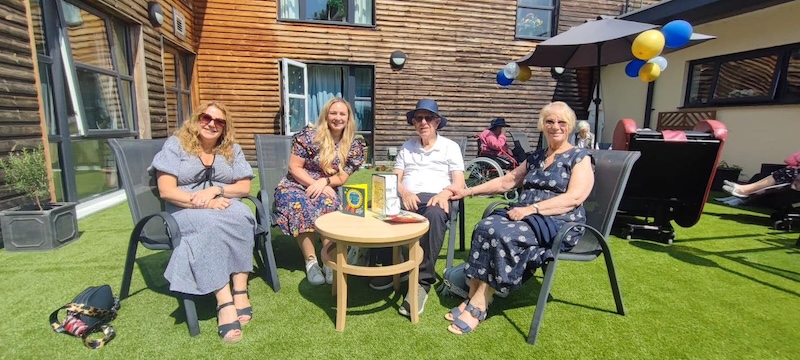
Recognising the Benefits of Residential Care
While deciding to transition a loved one into a care home is a difficult one to make, there are several benefits that contribute to them living an improved quality of life, which makes the decision worth it. Residents gain continuous access to dedicated care tailored to their unique needs and live in a safe environment where care experts can support them while they focus on doing what they love most.
Nutritional meals prepared onsite cater to dietary requirements, and varied activities foster mental stimulation and social engagement. For families, residential care offers reassurance that professional teams are monitoring health and safety around the clock and updating care plans accordingly. The peace of mind that comes from knowing a loved one is in a supportive, compassionate environment is invaluable.
Planning and Decision-Making Support
Navigating the decision to move into residential care can be complex. Many families find that involving health and social care professionals early in the process provides clarity. A care needs assessment from the local council or a specific care home evaluation assesses physical, mental health and support needs to determine if residential care is the best option.
Shared decision-making between residents, families and care providers ensures that everyone’s views are respected and that the move supports the person’s preferences and dignity. Financial advice, including information about disability benefits or self-funding options, can also be sought to understand the practicalities of paying for care.
Transitioning With Compassion
Moving into a care home is a significant life change that requires time, patience, and emotional support. Families should work closely with care home staff to develop personalised care plans that include both health needs and social interests, past hobbies and personal preferences. This holistic approach helps residents adjust to their new home and maintain a sense of identity.
Many care homes offer involvement from family members through visits, participation in events and communication tools like video calls. This involvement helps reduce stress and isolation and ensures residents feel supported and connected to their loved ones, even when they don't live at home.

Life at Longbridge Deverill House and Care Home
At Longbridge Deverill House and Care Home in Warminster, we understand how daunting the decision to move into residential care can be. Our experienced and compassionate team supports residents and their families through this transition, always prioritising dignity and individual well-being. We offer first-class residential care, nursing care, dementia care, respite care and palliative care in a welcoming environment designed to deliver the highest quality of life.
Our personalised care approach ensures that every resident’s health needs and personal preferences are at the heart of their care plan. Lively social activities and nutritious meals support physical and mental well-being, while qualified carers and nurses are available around the clock to provide expert support. Families are encouraged to stay actively involved and help residents feel a true sense of community throughout every stage of their lives.
If you feel that it may be time for residential care for either yourself or a loved one, get in touch and book a tour. We are proud to offer peace of mind, companionship and professional care to each resident who lives with us, regardless of their needs.
